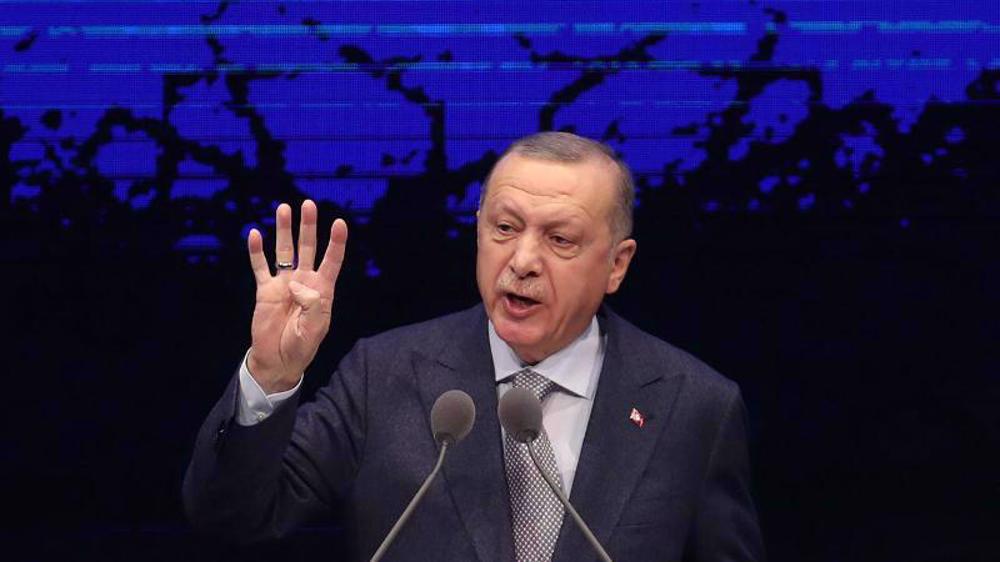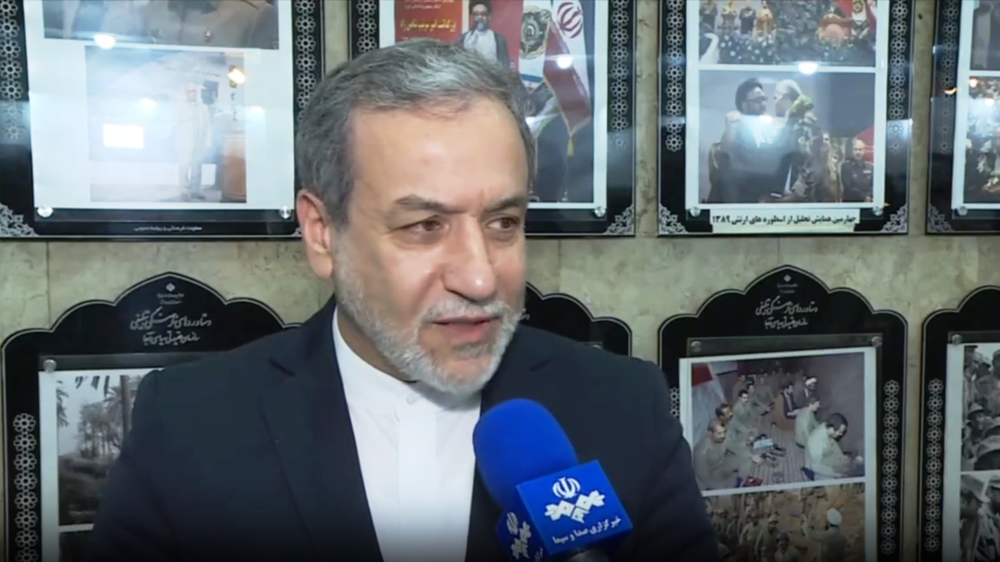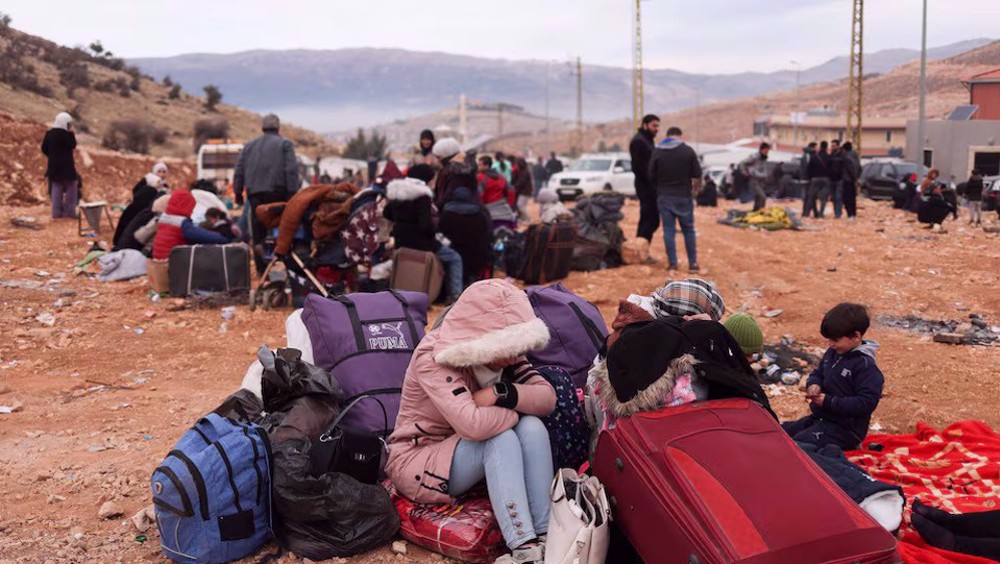Russia announces daily 3-hour ceasefire in Syria’s Aleppo for aid delivery
Russia says it will halt airstrikes around the northwestern Syrian city of Aleppo for three hours each day to allow humanitarian convoys into the ravaged city.
The Russian Defense Ministry announced the daily three-hour ceasefire on Wednesday.
"To guarantee total security for the convoys to Aleppo, there will be humanitarian windows established from 1000 to 1300 local time starting tomorrow during which all military hostilities, aviation strikes and artillery strikes will be halted," Lieutenant General Sergei Rudskoy of the Russian army's general staff told journalists.
Rudskoy added that Russia, together with the Syrian authorities, was ready to help all interested organizations deliver humanitarian aid to Aleppo's residents safely.
He said a road has been built to an area on the northern outskirts of Aleppo through the Castello shopping center to "ensure safety and organize round-the-clock delivery of food, water, fuel, medicine and other necessities to the city's west and east."
Meanwhile, United Nations Under-Secretary-General for Humanitarian Affairs Stephen O'Brien said a 48-hour truce was needed to meet all the humanitarian needs in the Syrian city.
"At all times, I will look at any kind of suggestion which enables humanitarian aid to be delivered," he told reporters, adding, "To meet that capacity of need you need two (road) lanes and you need to have about 48 hours to get sufficient trucks in."
On Tuesday, the UN called for a weekly 48-hour pause in Aleppo, where it said two million people lack access to clean water, which is putting people, especially children, at risk of disease.

Russia has been bombing the Takfiri groups of Daesh and the so-called Jabhat Fath al-Sham, the former al-Qaeda-affiliated Nusra Front, in Syria at the official request of the Damascus government since September 2015.
Over the last few days, fierce clashes have been underway in and around Aleppo between government forces and terrorists over the control of militant-held areas.
The Syrian city has been divided since 2012 between government forces in the west and the militants in the east.
Russia urges IAEA to uphold impartiality in monitoring Iran's nuclear facilities
VIDEO | Sana’a university students slam US-Israeli aggression against Gaza, Yemen
Yemeni drone operation targets Israeli industrial zone
Iranian ships sailing safely in international waters: IRGC Navy chief
Israel kills well-known Palestinian artist, her husband in Gaza
VPNs responsible for 1 GW of Iran’s electricity use: Expert
In Christmas message, Pope laments ‘extremely grave’ situation in Gaza
Hamas says Israel created new obstacles to Gaza truce deal














 This makes it easy to access the Press TV website
This makes it easy to access the Press TV website